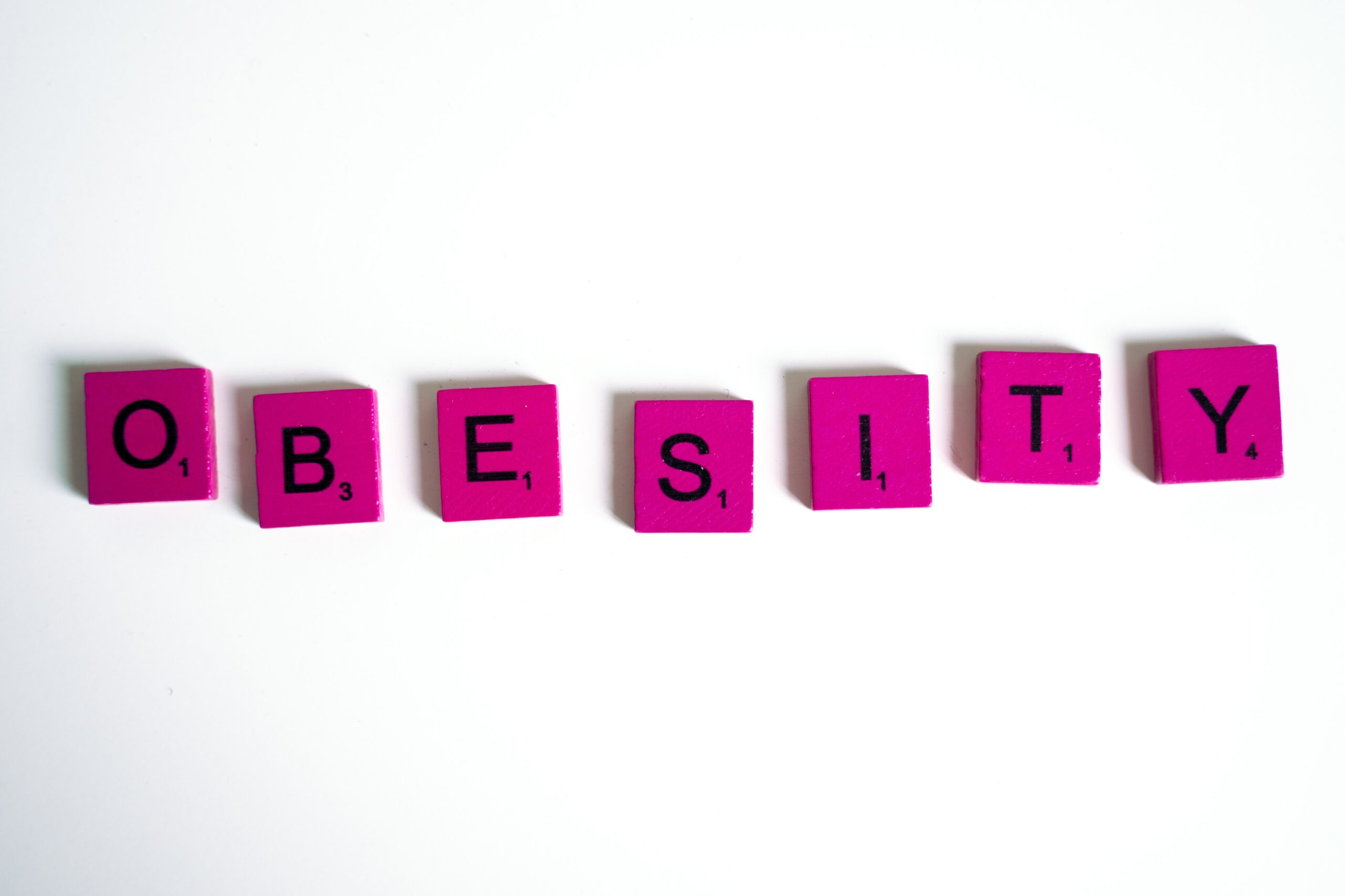Exploring Cancer Risk Factors and Encouraging Preventive Measures
Introduction:
Cancer is a complex and multifaceted disease that arises from a combination of factors. While its origins can be influenced by genetics, lifestyle choices, environmental exposures, and chance occurrences, it’s important to emphasize that a single minor mistake is unlikely to directly cause cancer. Instead, adopting healthier habits can play a crucial role in reducing the risk of developing this pervasive disease.
Tobacco Use and Its Implications:

One of the most well-established risk factors for several types of cancer is tobacco use. Whether through smoking or consuming smokeless tobacco products, such as cigarettes, the harmful chemicals in tobacco significantly elevate the risk of cancers, especially lung cancer. Quitting tobacco is not only beneficial for overall health but also serves as a pivotal step in cancer prevention.
The Impact of Diet and Alcohol:

Diet plays a pivotal role in cancer risk. A diet rich in processed foods, sugary beverages, and red and processed meats, combined with a deficiency of fruits, vegetables, and whole grains, can increase the likelihood of cancer. Similarly, excessive alcohol consumption has been linked to multiple cancers, including those affecting the mouth, throat, esophagus, liver, and breast. Opting for a balanced diet and moderating alcohol intake are vital for reducing these risks.
Sun Protection and Physical Activity:

Overexposure to ultraviolet (UV) radiation from the sun or tanning beds is a leading cause of skin cancer, including the potentially lethal melanoma. Practicing sun protection, such as using sunscreen and wearing protective clothing, is essential. Additionally, leading a sedentary lifestyle contributes to an increased risk of various cancers. Regular physical activity not only supports overall well-being but also aids in preventing cancer.
Obesity and Its Connection to Cancer:

Carrying excess body weight, particularly around the waist, is linked to an elevated risk of several cancers, including breast, colorectal, and kidney cancer. Maintaining a healthy weight through proper nutrition and regular exercise can significantly reduce these risks.
Environmental Exposures and Genetic Factors:

Long-term exposure to carcinogens, such as asbestos, benzene, and radon, can heighten the risk of developing cancer. Additionally, inherited genetic mutations can increase susceptibility to specific types of cancer. While these factors are beyond individual control, understanding them can lead to informed decisions and early interventions.
Conclusion:
Cancer prevention is a holistic endeavor that involves a combination of informed choices, responsible behaviors, and environmental awareness. While a single minor mistake may not directly cause cancer, understanding the risk factors and adopting healthier habits can collectively contribute to a reduced likelihood of developing this disease. By making informed decisions and embracing a proactive approach to health, individuals can empower themselves to take charge of their well-being and work towards a future with fewer cancer diagnoses.






